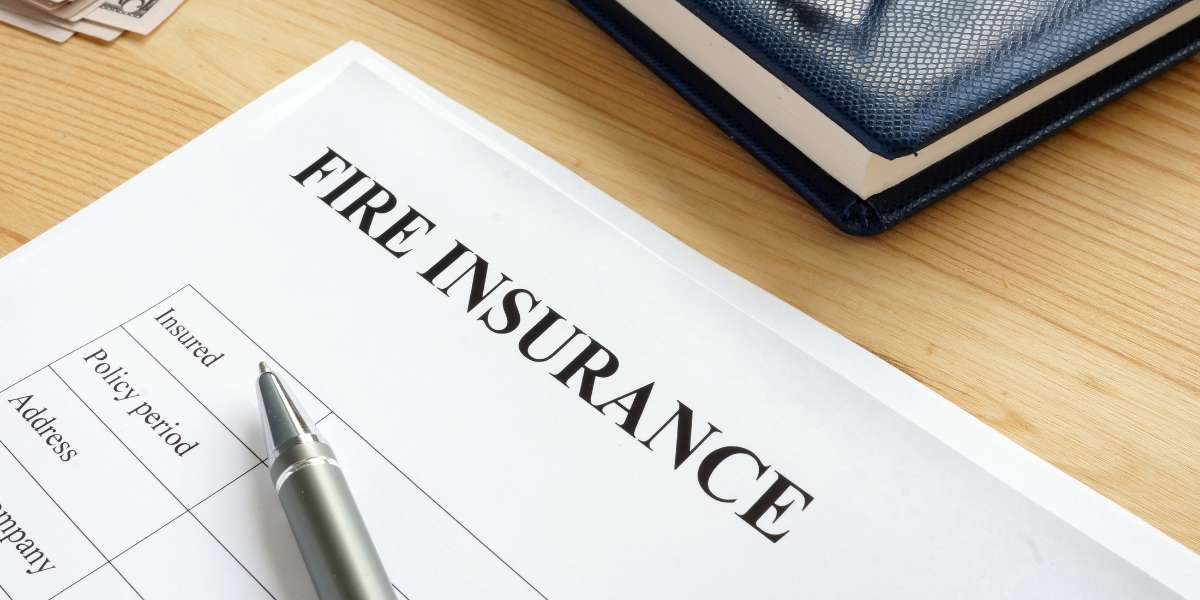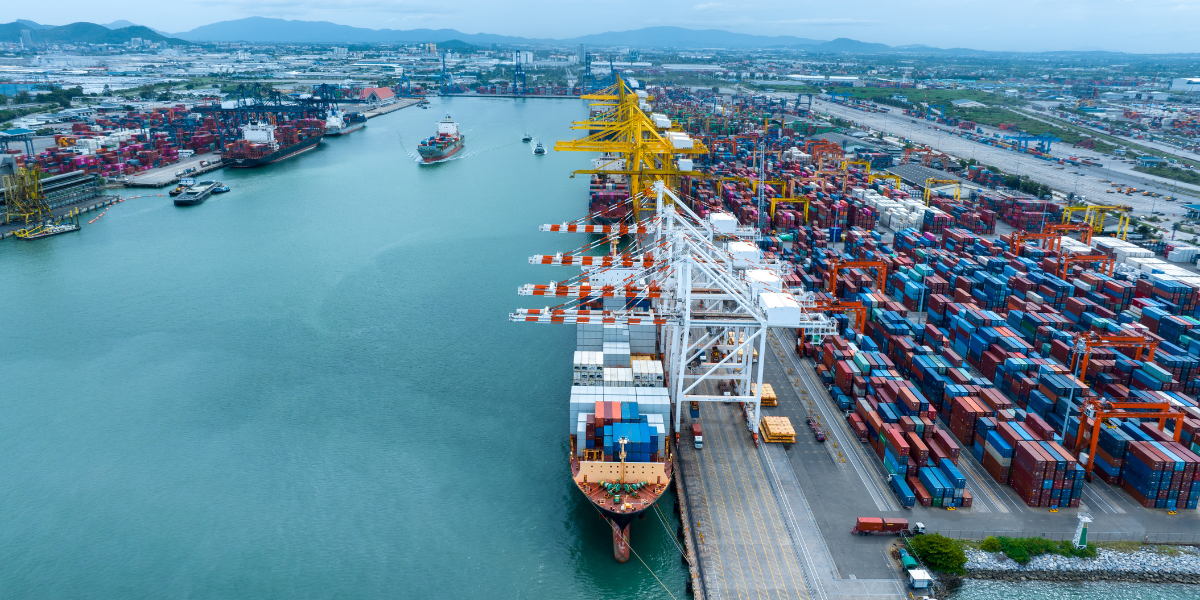Fire insurance is an essential safeguard for protecting your property, whether it’s your home or business, against the devastating effects of fire. However, there are numerous misconceptions surrounding fire insurance that can prevent people from understanding its true value and coverage. These myth often result in confusion or individuals purchasing inadequate coverage, leaving their properties vulnerable to loss.
In this article, we will debunk the most common fire insurance myths to help homeowners and business owners make informed decisions when it comes to protecting their property with fire insurance.
Myth 1: Fire Insurance Covers All Types of Damage
Fact: While fire insurance is designed to protect you from fire-related damage, it doesn’t necessarily cover all types of damage to your property. Many people mistakenly believe that fire insurance will cover any form of damage to their property, but that’s not the case.
A standard fire insurance policy generally only covers damage caused by fire, smoke, and related risks like explosions. Damage from other causes, such as floods, earthquakes, or vandalism, is not usually covered under fire insurance. To cover those risks, you may need additional insurance policies, such as property insurance.
For homeowners and business owners, it’s important to read the details of your fire insurance policy to understand exactly what is and isn’t covered, and to purchase additional coverage if necessary.
Myth 2: Fire Insurance is Only for Businesses
Fact: Another common myth is that fire insurance is only necessary for businesses and commercial properties. While it’s true that businesses often face higher risks due to the value of their inventory or equipment, homeowners should never underestimate the importance of fire insurance.
For homeowners, fire insurance typically covers damage to the structure of your house, as well as personal belongings inside, such as electronics, furniture, and clothing. Fire insurance ensures that if a fire destroys your home, you won’t be left with a huge financial burden trying to rebuild your property and replace your possessions.
Whether you’re a homeowner or a business owner, securing a fire insurance policy should be a priority to protect your property against potential fire-related losses.
Myth 3: I Don’t Need Fire Insurance Because My Property Isn’t at Risk of Fire
Fact: Many homeowners and business owners believe that their property is unlikely to be affected by fire, and therefore, fire insurance isn’t necessary. However, fire risk is not always obvious. Fires can start from various causes, including electrical malfunctions, cooking accidents, heating equipment failure, or even natural disasters like lightning strikes.
Regardless of where your property is located, fires can happen unexpectedly, which is why having fire insurance is essential. Even properties in areas not prone to wildfires are still at risk for fires from everyday hazards.
Having fire insurance in place will provide you with peace of mind, knowing that you are protected in the event of a fire disaster.
Myth 4: Fire Insurance is Too Expensive for Most People
Fact: One of the biggest myths surrounding fire insurance is that it is prohibitively expensive. While the cost of fire insurance depends on several factors, including the value of your property and the coverage limits you choose, it is often more affordable than people realize.
In fact, fire insurance is typically much cheaper than the potential cost of rebuilding your home or replacing destroyed property after a fire. Many insurance companies offer affordable fire insurance policies with customizable coverage options to fit different budgets.
For example, Habib Insurance, a well-known insurance agency in Pakistan, offers competitive rates for fire insurance, making it accessible to both homeowners and business owners. By comparing fire insurance quotes from different providers, you can find coverage that suits your needs without breaking the bank.
Myth 5: Fire Insurance Covers Damage Caused by My Own Negligence
Fact: While fire insurance is designed to cover damage caused by fire, it does not cover damage resulting from your own negligence. If a fire occurs because of poor maintenance, unsafe practices, or failure to follow fire safety regulations, your insurance policy may not cover the costs of repairs or replacement.
For example, if a fire is caused by an unattended cooking appliance or faulty wiring that was ignored for an extended period, you might not be covered under your fire insurance policy. Insurance companies typically expect property owners to take reasonable precautions to prevent fires from occurring.
It’s important to follow basic fire safety guidelines, regularly maintain equipment, and install fire prevention systems like smoke detectors to minimize the risk of a fire occurring on your property.
Myth 6: Fire Insurance Automatically Covers Everything in My Home or Business
Fact: Many property owners assume that their fire insurance policy will cover everything in their home or business, but this is not always true. For example, fire insurance typically covers the structure of the property and personal belongings or inventory, but there may be exclusions or limitations on high-value items, such as expensive artwork, antiques, or jewelry.
It’s important to review your fire insurance policy carefully to determine what is covered and ensure that it meets your specific needs. If you have valuable items that need additional protection, consider adding specialized coverage or endorsements to your policy to ensure they are properly insured in case of fire.
Additionally, business owners may need to secure additional coverage for loss of income during fire-related disruptions, as a standard fire insurance policy may not cover this loss.
Myth 7: I Can’t Get Fire Insurance After a Fire
Fact: Once a fire has occurred, many property owners believe they cannot obtain fire insurance. While it’s true that fire insurance will not cover damage from an already existing fire, it’s still possible to get coverage for future fire risks, even if a fire has already affected your property.
In fact, most insurance companies offer coverage for properties that have previously experienced fire damage. However, it’s important to note that your premiums may be higher if your property has a history of fire claims. The key is to secure fire insurance before any future incidents occur to ensure that your property is adequately protected.
Myth 8: Fire Insurance Covers Losses from All Natural Disasters
Fact: While fire insurance covers fire-related damages, it does not cover all natural disasters. For example, damage caused by earthquakes, floods, or storms is generally not included under a standard fire insurance policy. If you live in an area prone to natural disasters, you may need to purchase additional coverage to protect against these risks.
For instance, Habib Insurance offers a wide range of policies, including travel insurance and marine insurance, to help you safeguard against various types of risks. If you want comprehensive protection, consider bundling fire insurance with other policies that cover additional natural disasters.
Myth 9: All Fire Insurance Policies Are the Same
Fact: Not all fire insurance policies are the same. Different insurance companies offer various levels of coverage, exclusions, and add-ons, so it’s important to carefully review the details of your policy. For example, Habib Insurance offers customized fire insurance options that allow you to tailor your coverage to meet your specific needs, whether you’re insuring your home, office, or warehouse.
When choosing a fire insurance policy, always compare policies from different insurance companies in Pakistan, such as Habib Insurance, to ensure you get the best coverage for your property.
Conclusion
Fire insurance is an essential protection for your home or business, but many misconceptions can lead to gaps in coverage or unnecessary confusion. By understanding the truth behind these common myths, you can make better-informed decisions and ensure that your property is fully protected in case of fire.
If you’re looking for reliable fire insurance coverage, Habib Insurance offers comprehensive and customizable policies to meet your needs at competitive prices. Whether you’re a homeowner or business owner, don’t let myths stand in the way of securing the protection you need.
Explore Habib Insurance’s tailored solutions today and gain the peace of mind that comes with knowing your property is protected from the unexpected. Fire insurance is an investment in your future—don’t wait until it’s too late to secure your coverage.










